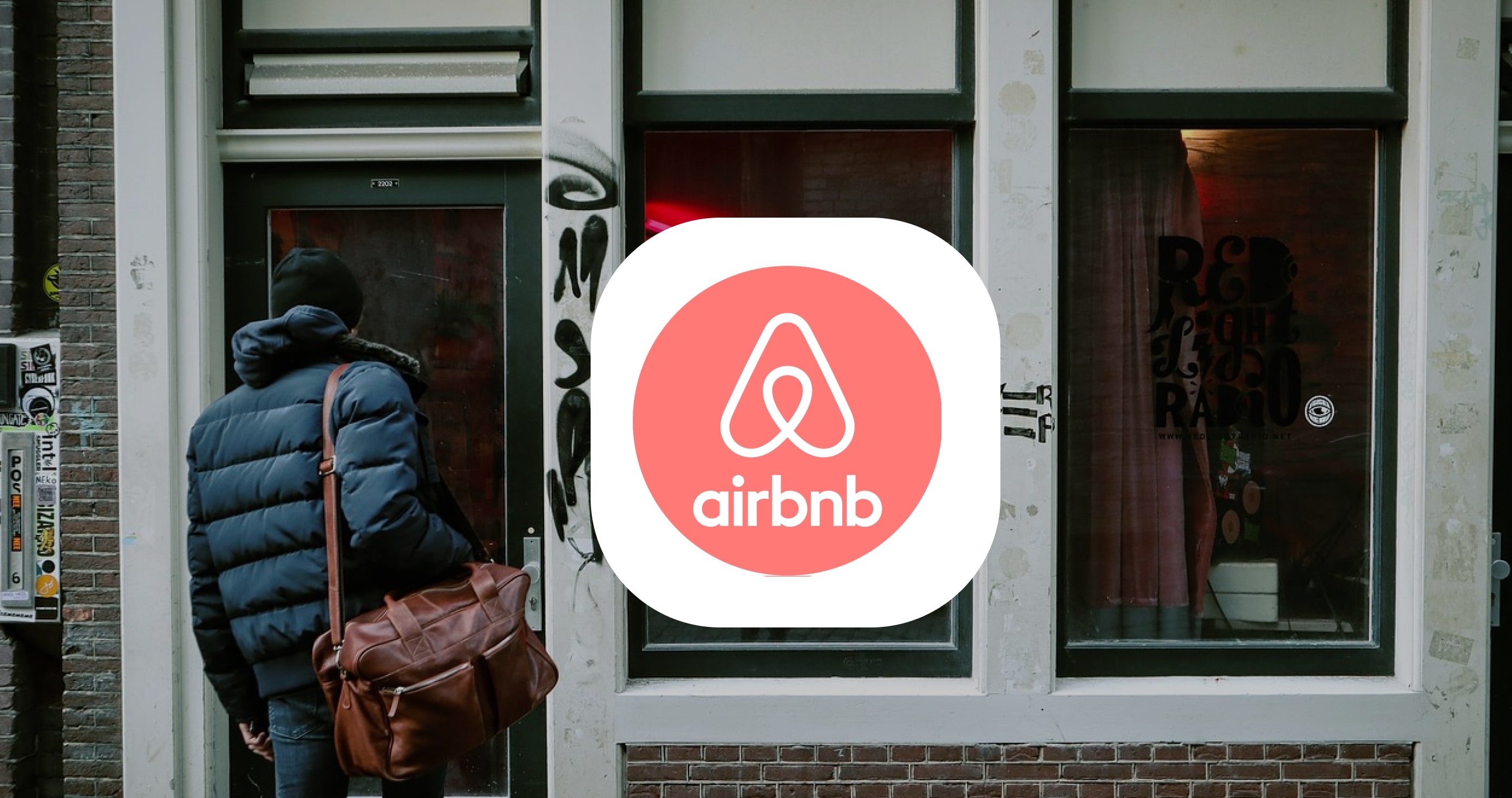Is Airbnb's Market Dominance at Risk Following Earnings?
Airbnb’s recently released Q4 2024 earnings results have sparked a debate on whether the platform’s market dominance is under threat. While the numbers indicate a solid performance, several key metrics and competitive factors could hint at emerging risks. In this article, we will analyze Airbnb's latest earnings, delve into financial performance, assess growth opportunities, and evaluate market dynamics to address the central question: is Airbnb's market dominance at risk?

Financial Performance Analysis: A Mixed Bag
Airbnb reported revenues of $2.5 billion for Q4 2024, marking a 12% increase from Q4 2023, driven primarily by a 12% year-over-year growth in nights and experiences booked. Despite this, the adjusted EBITDA margin declined slightly from 33% to 31%. Airbnb registered a net income of $461 million for the quarter, a remarkable recovery from a loss of $349 million the previous year, which included significant one-time tax liabilities. This significant turnaround highlights Airbnb's operational resilience and management's ability to navigate financial pressures.
However, a closer examination of operational costs reveals mixed signals. Operating expenses surged, particularly in sales and marketing, increasing by 29% year-over-year, which could be a sign of rising competition and increased spending to attract customers. Additionally, Airbnb's implied take rate declined slightly to 14.1%, raising questions about its pricing power in a potentially saturated market. This combined with a substantial share repurchase program valued at over $3.4 billion in 2024 suggests a strategy to optimize shareholder value while possibly indicating that management is responding to pressures on its stock price.
Growth Areas and Strategic Initiatives
The Q4 earnings call highlighted several strategic initiatives that management believes will support future growth. The introduction of the Co-Host Network has gained traction, supporting nearly 100,000 listings and doubling earnings for hosts in comparable regions. Moreover, product advancements such as enhanced search functionality and localized offerings are anticipated to drive higher conversion rates through 2025. These initiatives are positioned as critical measures to fortify Airbnb's competitive edge in a rapidly changing travel landscape.
Furthermore, the increasing trend towards mobile bookings is apparent; Airbnb reported that app bookings accounted for 60% of total nights booked in Q4, up from 55% the previous year. This trend not only demonstrates evolving consumer behavior but also reveals Airbnb's ongoing focus on enhancing user experience through technology. The company's investments in marketing and product development, while contributing to rising operational costs, reflect a strong commitment to maintaining and expanding its market lead.
Market Position and Share Price Movement: A Cause for Concern?
Recently, Airbnb’s shares have traded at around $141.04, a slight increase reflecting recent optimism post-earnings. However, analysts have raised concerns over whether the stock is presently overvalued given the current macroeconomic uncertainties and rising competition in the short-term rental space. With market leaders like Booking.com and regional platforms enhancing their footprint and service offerings, Airbnb's market share could be challenged.
Analysts have varying price targets for Airbnb's shares, with some positing it could face downward pressure if Q1 2025 revenues fall short of expectations due to comparative calendar factors influencing year-over-year growth. The guidance provided in Airbnb’s earnings report forecasts Q1 revenue between $2.23 billion and $2.27 billion, but it is crucial to note that this reflects a modest growth rate of merely 4% to 6% when adjusted for foreign exchange rates. The relatively tepid growth expectations suggest a more cautious outlook for stakeholders.
Conclusion: Navigating A Competitive Terrain
In conclusion, while Airbnb continues to showcase resilience demonstrated through financial rebound and strategic initiatives, the question of its market dominance remains complex and multifaceted. The rise in operating expenses, slight decline in profitability margins, and the looming threats from competitors indicate that Airbnb must continue to innovate and adapt to maintain its leading position. Investors should closely watch the company’s performance in Q1 2025, notably how they handle potential headwinds and how effectively they can capitalize on emerging growth areas. Ultimately, Airbnb’s ability to execute its growth strategy in an increasingly competitive landscape will determine if its market dominance is at risk moving forward.
By WallstreetCrunch - Feb 23, 2025 at 8:27PM
